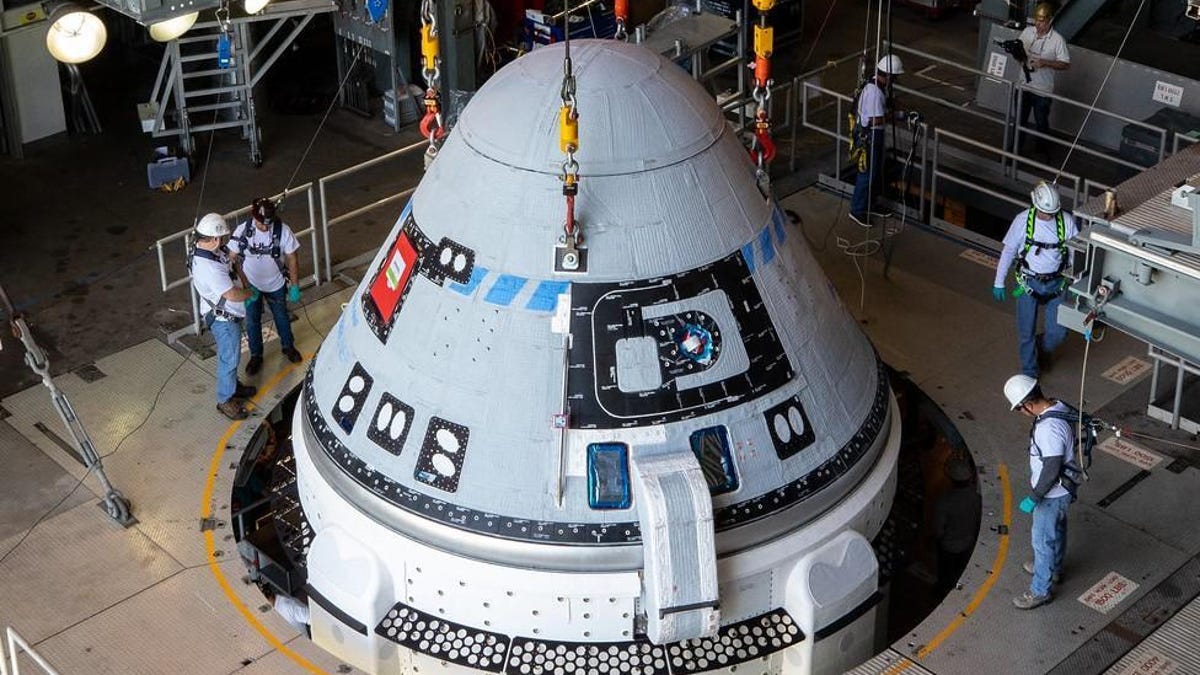NASA delays Boeing Starliner test flight to ISS due to rocket issue
The International Space Station will have to wait a couple of extra days before meeting Boeing's Starliner for the first time.
Delays are pretty much the norm for complex space missions. NASA announced on Tuesday that the upcoming launch of Boeing's uncrewed Starliner to the International Space Station has been pushed back to Dec. 19.
The delay is due to a "purge air supply" issue with United Launch Alliance's Atlas V rocket, NASA said.
We worked closely with @ulalaunch to remedy an #AtlasV purge air supply issue ahead of the #Starliner launch, now targeted for Dec. 19, 6:59 a.m. ET. pic.twitter.com/Ohk5Nk447g
— Boeing Space (@BoeingSpace) December 3, 2019
ULA issued an update on Tuesday saying, "Additional time was needed for the ULA and Boeing teams to complete an analysis of the issue, replace the duct and complete processing ahead of launch."
The two-day delay is minor compared with some of the rescheduled launch dates we've seen already. The test flight was originally set to happen as early as March 2019. "Both the rocket and the spacecraft are healthy and moving through standard pre-launch processing," Boeing Space said in a tweet.
Boeing is hoping to prove Starliner's space-worthiness with this Orbital Flight Test before launching actual astronauts to the ISS, likely in 2020. NASA contracted with both Boeing and SpaceX through the Commercial Crew Program to bring ISS astronaut launches back to US soil for the first time since the end of the Space Shuttle era in 2011.
NASA intends to end its reliance on Russian Soyuz spacecraft, but the crew program has seen a string of delays. NASA and SpaceX still hope to launch astronauts to the ISS in a Crew Dragon capsule in early 2020, but that launch depends on Crew Dragon passing a series of safety tests.
Boeing's upcoming flight test will mark a major milestone for the program if it is successful. We just have to wait a couple of extra days.
Originally published Dec. 3, 9:24 a.m. PT.


